Henderik A. Proper
An Overview of Ontologies and Tool Support for COVID-19 Analytics
Oct 12, 2021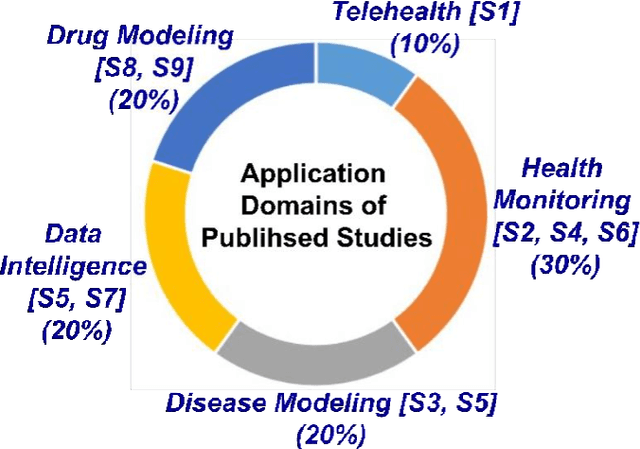
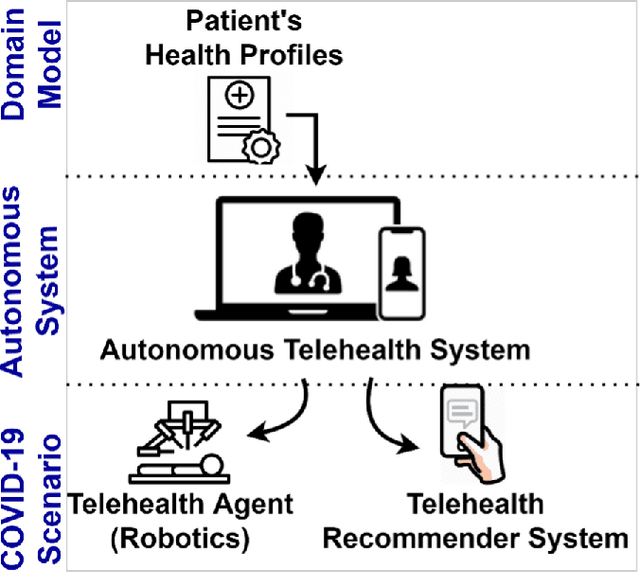
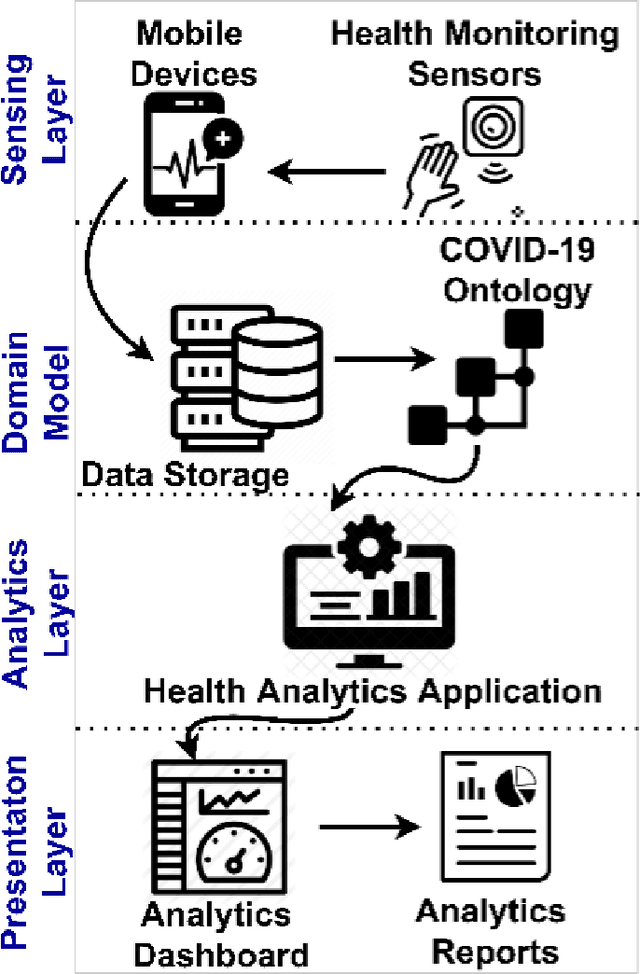
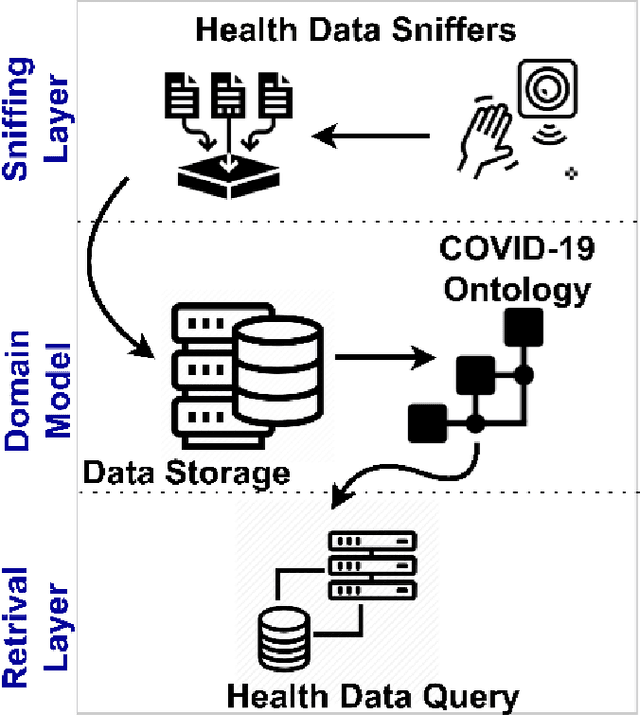
Abstract:The outbreak of the SARS-CoV-2 pandemic of the new COVID-19 disease (COVID-19 for short) demands empowering existing medical, economic, and social emergency backend systems with data analytics capabilities. An impediment in taking advantages of data analytics in these systems is the lack of a unified framework or reference model. Ontologies are highlighted as a promising solution to bridge this gap by providing a formal representation of COVID-19 concepts such as symptoms, infections rate, contact tracing, and drug modelling. Ontology-based solutions enable the integration of diverse data sources that leads to a better understanding of pandemic data, management of smart lockdowns by identifying pandemic hotspots, and knowledge-driven inference, reasoning, and recommendations to tackle surrounding issues.
A functionality taxonomy for document search engines
May 27, 2021
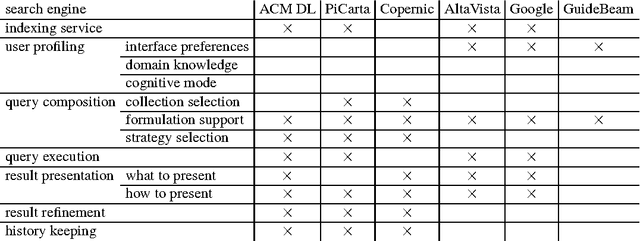
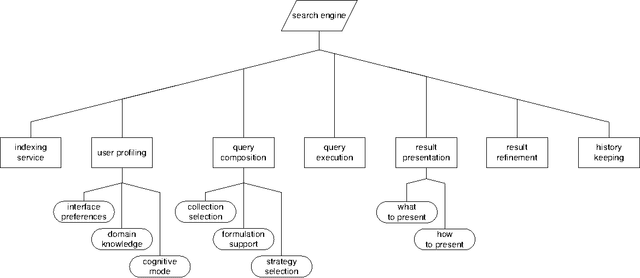
Abstract:In this paper a functionality taxonomy for document search engines is proposed. It can be used to assess the features of a search engine, to position search engines relative to each other, or to select which search engine 'fits' a certain situation. One is able to identify areas for improvement. During development, we were guided by the viewpoint of the user. We use the word `search engine' in the broadest sense possible, including library and web based (meta) search engines. The taxonomy distinguishes seven functionality areas: an indexing service, user profiling, query composition, query execution, result presentation, result refinement, and history keeping. Each of these relates and provides services to other functionality areas. It can be extended whenever necessary. To illustrate the validity of our taxonomy, it has been used for comparing various document search engines existing today (ACM Digital Library, PiCarta, Copernic, AltaVista, Google, and GuideBeam). It appears that the functionality aspects covered by our taxonomy can be used for describing these search engines.
 Add to Chrome
Add to Chrome Add to Firefox
Add to Firefox Add to Edge
Add to Edge